Top Class Actions’s website and social media posts use affiliate links. If you make a purchase using such links, we may receive a commission, but it will not result in any additional charges to you. Please review our Affiliate Link Disclosure for more information.
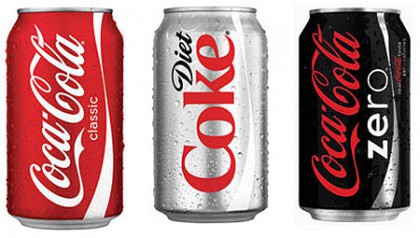
Coca-Cola wanted the text spam lawsuit dismissed, but a California federal judge refused to close the TCPA class action lawsuit accusing Coke of text-spamming consumers. On May 22, 2013, a decision by U.S. District Judge Irma Gonzalez denied Coca-Cola’s motion to dismiss the Coca-Cola class action lawsuit. In rejecting the motion, Judge Gonzalez ruled that “in order to plead a valid TCPA claim, [Robbins and Feiges] need only allege two things: that a call was made to their cellphone and that it was done so using an automated dialing system.”
At that point, the Coca-Cola text message class action lawsuit proceeded to the discovery phase. In December 2013, Magistrate Judge William Gallo ordered Coca-Cola to identify each vendor and marketing campaign used during the class period. He also ordered Coke to produce all documents concerning their compliance with the TCPA, including prior litigation regarding TCPA lawsuits.
Coca-Cola’s response was to file a motion for summary judgment on Jan. 16, 2014. Robbins and Feiges argue, however, that Coke “continually delayed production of the ordered discovery, instead drafting a premature motion for summary judgement.”
U.S. District Judge Janis L. Sammartino denied Coke’s “motion for summary judgment … and [to] allow additional time for discovery on the grounds that the plaintiffs were denied an opportunity to confront third-party vendors that they contend may have sent the allegedly improper texts.” She said the company can’t bring a motion to dismiss the TCPA lawsuit until it identifies its marketing contractors.
“He Says, She Says”
Whether the calls actually took place is in question. Robbins and Feiges cannot recall the details of the messages. Additionally, no records of messages were kept by the cell phone providers during the relevant time period.
Coke submitted sworn declarations from their vendors denying any text messages were sent to Robins or Feiges. The judge, however, said those could not be used in the motion for summary judgment. Robbins and Feiges need the opportunity to talk to and obtain records from the vendors themselves. These records are a piece of the information requested in the order. The judge promised to entertain Coke’s motion to dismiss the TCPA lawsuit once it complies with its discovery obligations.
“If plaintiffs can establish that they received text messages from Coca-Cola or its vendors, summary judgment may be precluded by issues of material fact,” Judge Sammartino said. “If, on the other hand, the third-party vendors can demonstrate — as Coca-Cola contends — that no text messages were sent to plaintiffs, plaintiffs’ claims are substantially weakened, if not completely discredited.”
The Coca-Cola Text Spam Class Action Lawsuit is Robbins, et al. v. Coca-Cola Co., Case No. 3:13-cv-00132, in the U.S. District Court for the Southern District of California.
File a TCPA Text Messaging Class Action Lawsuit Claim
Did you know it’s against the law for a company to contact you on your cell phone without your permission, or to record your phone call without warning you first? A federal law called the Telephone Consumer Protection Act (TCPA) prohibits companies from secretly recording phone calls, from contacting people on their mobile phones by using an “automatic telephone dialing system” or using robo-calls with “an artificial or prerecorded voice,” or for sending text messages without their prior express consent.
Violating the TCPA is a serious matter and can carry a $500 fine per violation. Cell phone subscribers who can prove the TCPA violation was intentional can sue for up to $1,500 every time a company unlawfully contacted them. Millions of dollars in TCPA class action lawsuit settlements have been awarded to consumers over the past few years, and the number of companies facing TCPA class action lawsuits continues to grow.
If you received an unsolicited text message or phone call to your cell phone, you may qualify to file a TCPA class action lawsuit. Read more at the Text Message Spam, Unwanted Cell Phone Calls TCPA Class Action Lawsuit Settlement Investigation. There you can submit your information to our compensation specialists to see if you qualify for free legal claim review.
ATTORNEY ADVERTISING
Top Class Actions is a Proud Member of the American Bar Association
LEGAL INFORMATION IS NOT LEGAL ADVICE
Top Class Actions Legal Statement
©2008 – 2024 Top Class Actions® LLC
Various Trademarks held by their respective owners
This website is not intended for viewing or usage by European Union citizens.



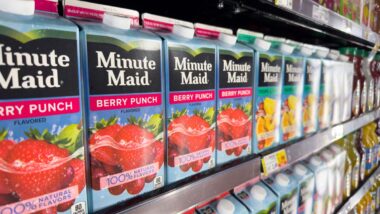
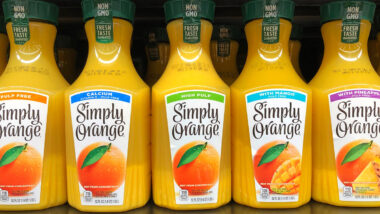
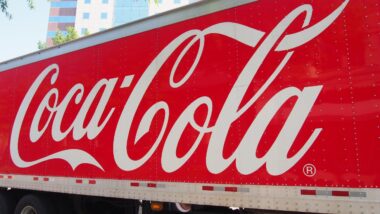
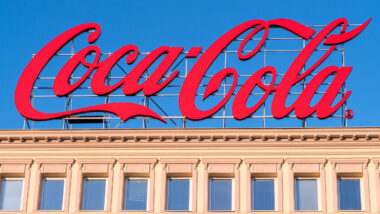
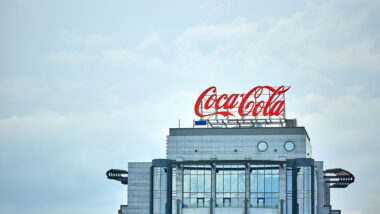
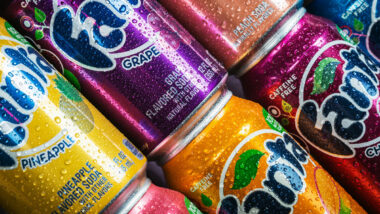
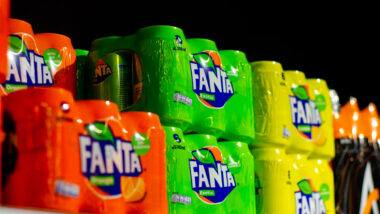
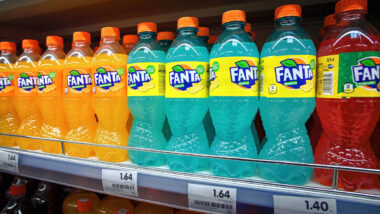
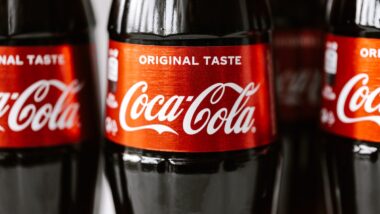
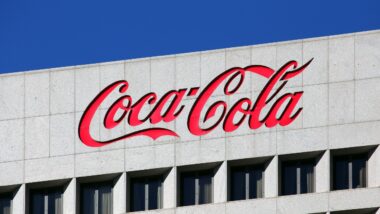
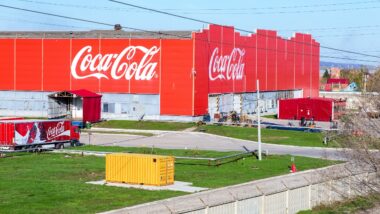
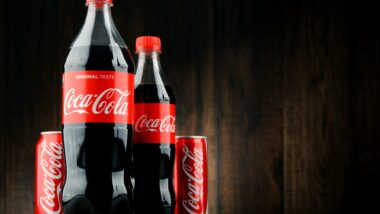
One thought on Coca-Cola Is Involved in a TCPA Text Spam Dispute
I am drinking a Coke Zero now because of the solicitations from Coke.